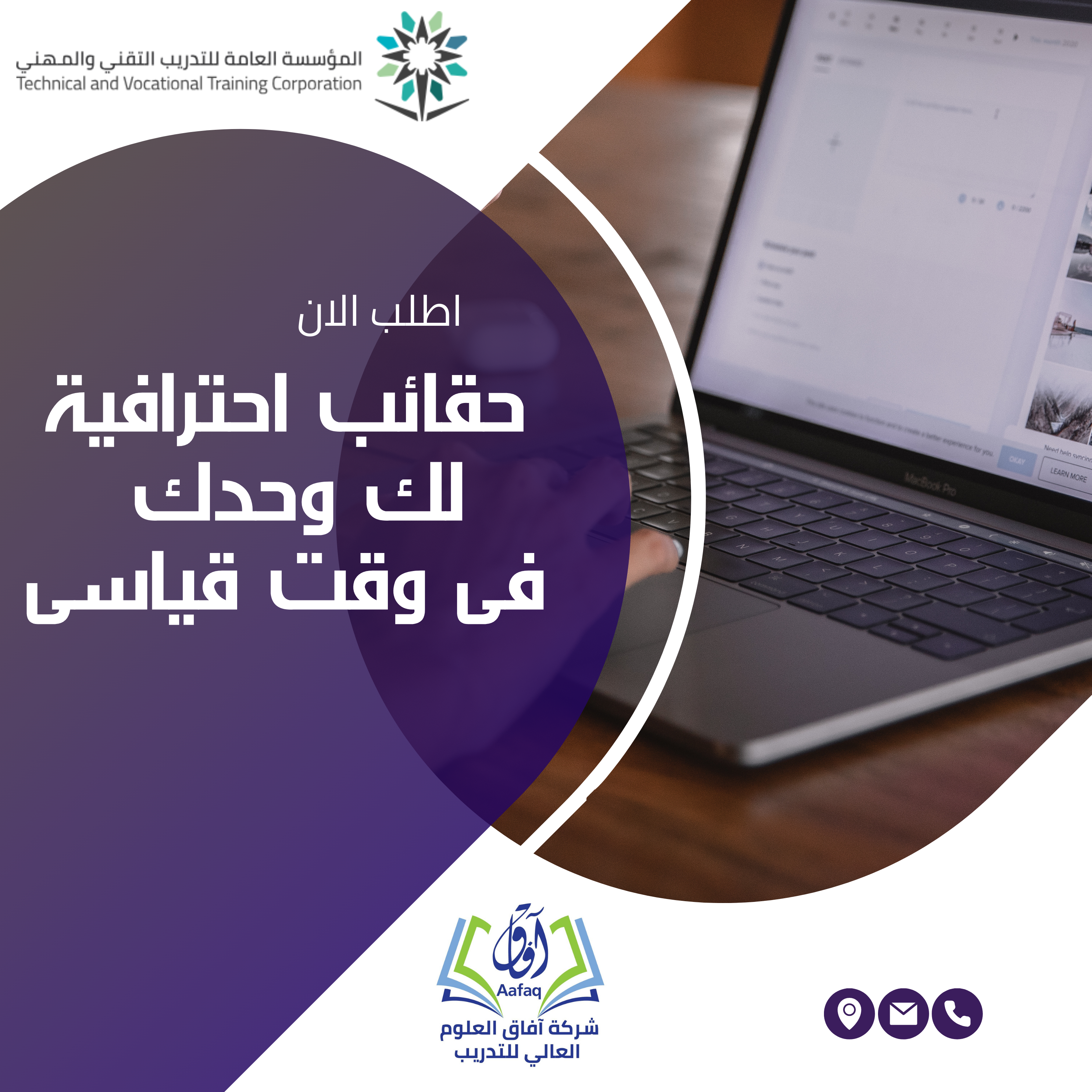
The Saudi labor market is witnessing rapid and transformative changes under Vision 2030, which seeks to strengthen the knowledge economy, support digital transformation, and enhance the efficiency of human capital. With the expansion of major national projects such as NEOM, Qiddiya, and the Red Sea, the demand for advanced skills that enable young people to compete locally and globally is increasing.
First: Technical Skills
Technology has become the backbone of most professions today. The most in-demand technical skills include:
Artificial intelligence and machine learning, driven by the growing reliance on intelligent systems
Big data analysis using tools such as Python and SQL
Cybersecurity to protect information in the digital era
Cloud computing technologies such as AWS and Azure that support digital transformation
Second: Managerial and Organizational Skills
With the diversity of projects in Saudi Arabia, managerial skills are gaining greater importance, particularly:
Project management, including modern methodologies such as Agile
Digital literacy and the ability to work with modern platforms and systems
Strategic planning and developing initiatives aligned with institutional goals
Third: Personal Skills (Soft Skills)
Despite technological progress, human-centered skills remain indispensable, including:
Effective communication and leadership for building successful teams
Problem-solving and critical thinking to make sound and timely decisions
Adaptability in dynamic, multicultural work environments
Commitment to continuous learning to keep pace with professional and occupational developments
Fourth: Language Skills
Proficiency in English is an essential requirement in most sectors, particularly with the growth of economic and trade openness. Additionally, mastering more than one language is considered an added advantage in today’s diverse work environment.
Conclusion
The future of work in Saudi Arabia in 2025 focuses on integrating modern technology with essential human skills. Those who invest in developing themselves across these areas will be best positioned to seize opportunities and contribute to realizing the Kingdom’s ambitious vision. Ultimately, investing in skills is an investment in the future.


